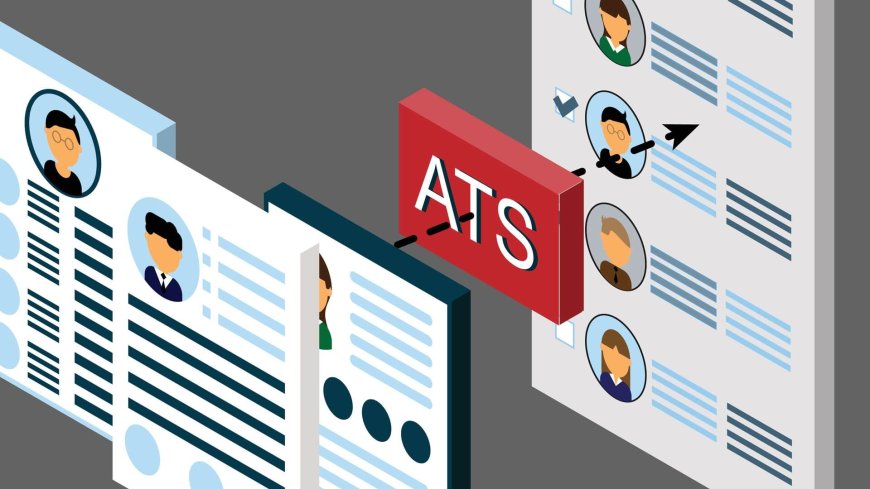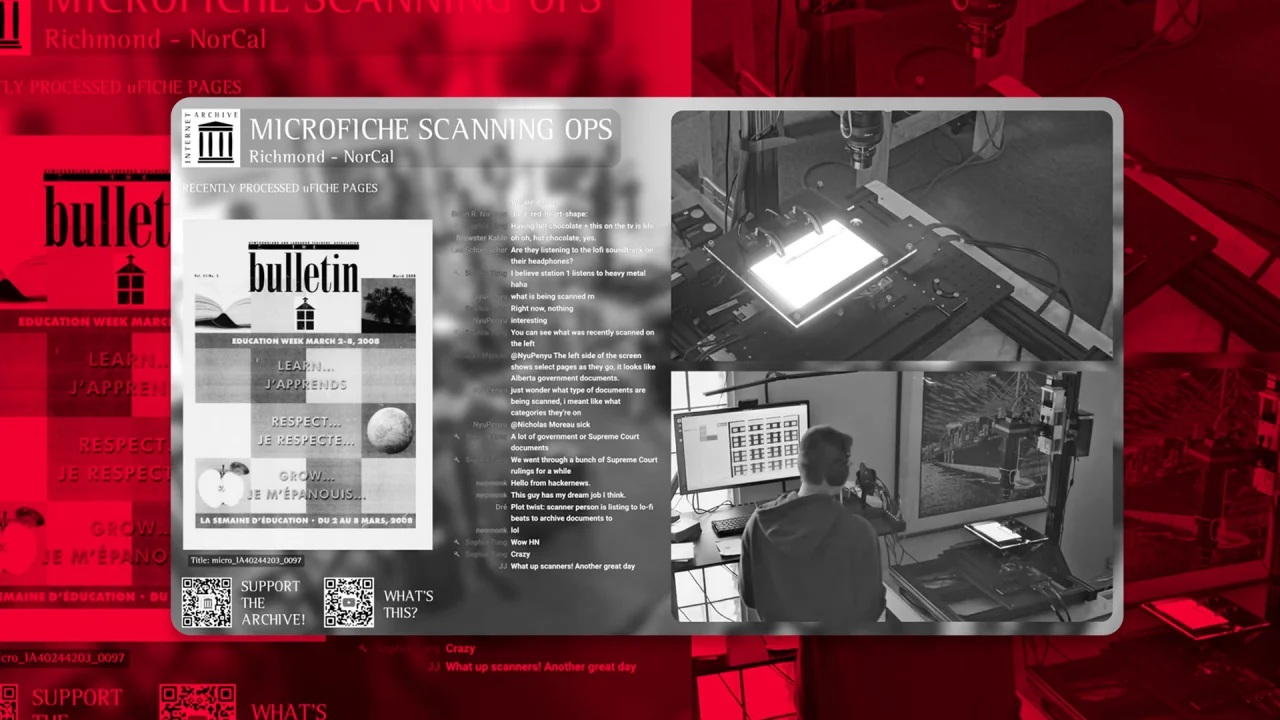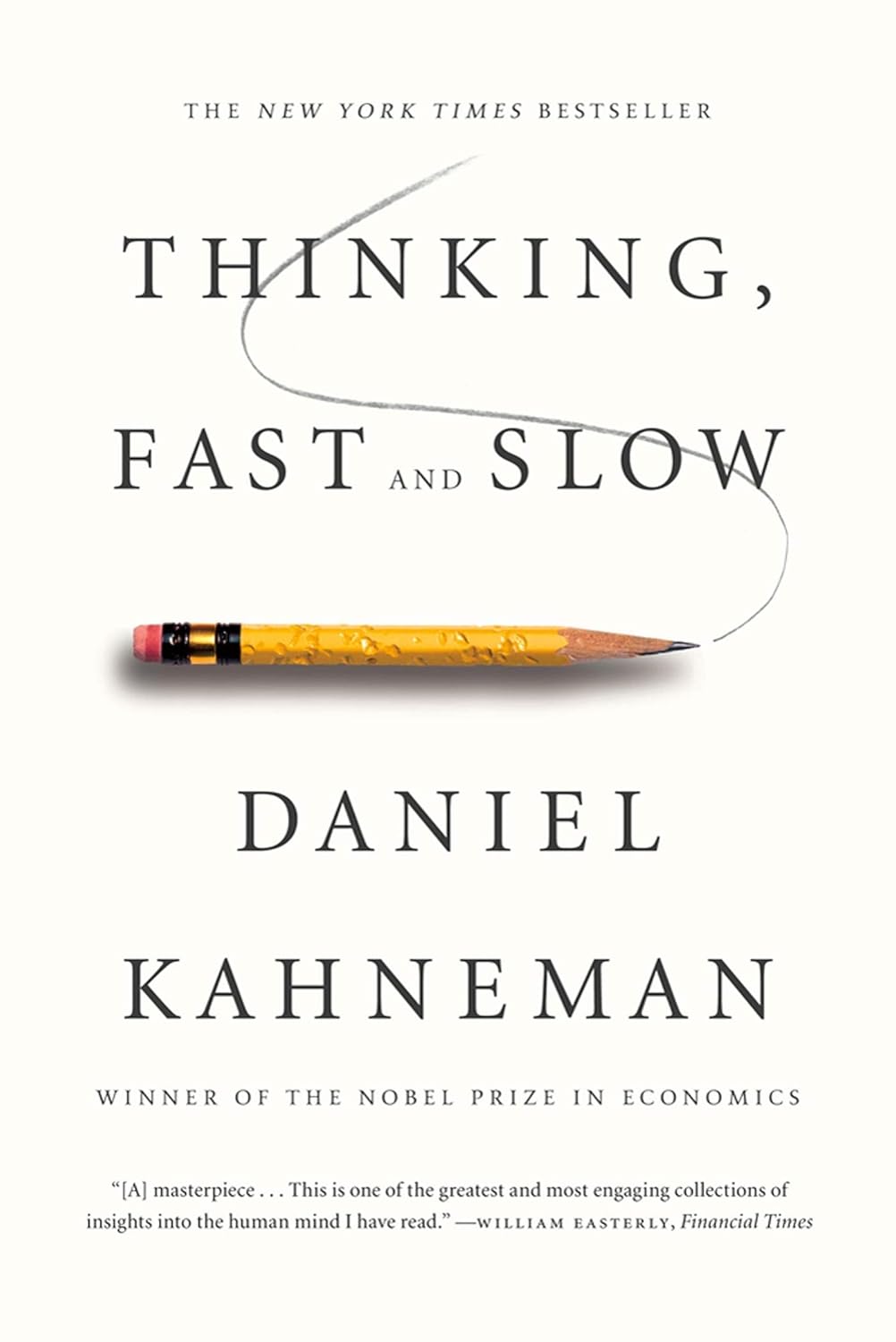The Role of Applicant Tracking Software in Reducing Hiring Bias
In an increasingly diverse and socially conscious workplace, reducing bias in hiring isn’t just a best practice—it’s a business imperative.

In an increasingly diverse and socially conscious workplace, reducing bias in hiring isn’t just a best practice—it’s a business imperative. Unconscious bias can undermine the recruitment process, leading to missed opportunities, poor team dynamics, and even legal risks. Fortunately, modern Applicant Tracking Software (ATS) offers powerful tools to promote fairness and equity in hiring. At Exelare, we are committed to building solutions that help companies attract, evaluate, and hire candidates based on merit—not on bias.
Understanding Bias in Hiring
Bias in hiring can take many forms—gender bias, racial bias, ageism, affinity bias, and more. Even well-intentioned recruiters and hiring managers may be influenced by subconscious preferences. These biases can creep into resume screening, interview evaluations, and final hiring decisions, ultimately impacting the diversity and quality of a company’s workforce.
How Applicant Tracking Systems Reduce Bias
A well-designed Applicant Tracking System can mitigate hiring bias through data-driven processes, structured workflows, and anonymized candidate evaluation. Here's how Exelare’s Applicant Tracking Software plays a critical role in helping organizations build more equitable recruitment pipelines:
1. Standardized Evaluation Criteria
Exelare allows companies to create structured evaluation forms and interview scorecards. This means every candidate is assessed using the same criteria, reducing the chance for subjective or inconsistent judgments. By keeping hiring teams aligned with clearly defined qualifications, our system promotes objective decision-making.
2. Blind Resume Screening
With the ability to anonymize resumes—removing names, photos, graduation dates, and other personal identifiers—Exelare enables blind screening practices. This helps recruiters focus on skills, experience, and relevant qualifications rather than unconscious assumptions about demographics.
3. Automated Candidate Ranking
Exelare’s intelligent filtering and ranking tools allow recruiters to sort candidates based on qualifications, keywords, and job fit rather than gut instinct. Our Applicant Tracking Software ensures that top candidates rise to the top based on data, not bias.
4. Consistent Communication Workflows
Using Exelare’s automation features, recruiters can ensure all candidates receive the same communications, updates, and interview preparation materials. This removes variability in how applicants are treated throughout the process and ensures a fair candidate experience for all.
5. Reporting on Diversity Metrics
Exelare Applicant Tracking System includes robust reporting tools that help track diversity metrics across your hiring funnel. This data can be used to identify gaps or potential bias at specific stages of the process, allowing HR leaders to take corrective actions and align with diversity and inclusion goals.
6. Collaborative Decision-Making
By centralizing feedback from multiple stakeholders in a transparent and traceable manner, Exelare reduces the influence of individual bias. Collaborative hiring ensures that decisions are made based on collective input and well-rounded perspectives.
Why Choose Exelare?
At Exelare, we understand that equitable hiring is the foundation of a successful organization. Our Applicant Tracking Software is designed with inclusivity in mind, giving recruiters and HR teams the tools they need to create a level playing field for every candidate. From automation and structured scoring to diversity analytics and blind screening, Exelare helps eliminate bias and promotes fair hiring at every stage of the recruitment lifecycle.
Final Thoughts
Reducing hiring bias isn’t just about compliance—it’s about building a stronger, more diverse workforce that reflects the world around us. With Exelare’s Applicant Tracking System, your team can take proactive steps toward more inclusive hiring, better business outcomes, and a reputation as an employer of choice.








































































































![Building A Digital PR Strategy: 10 Essential Steps for Beginners [With Examples]](https://buzzsumo.com/wp-content/uploads/2023/09/Building-A-Digital-PR-Strategy-10-Essential-Steps-for-Beginners-With-Examples-bblog-masthead.jpg)














































